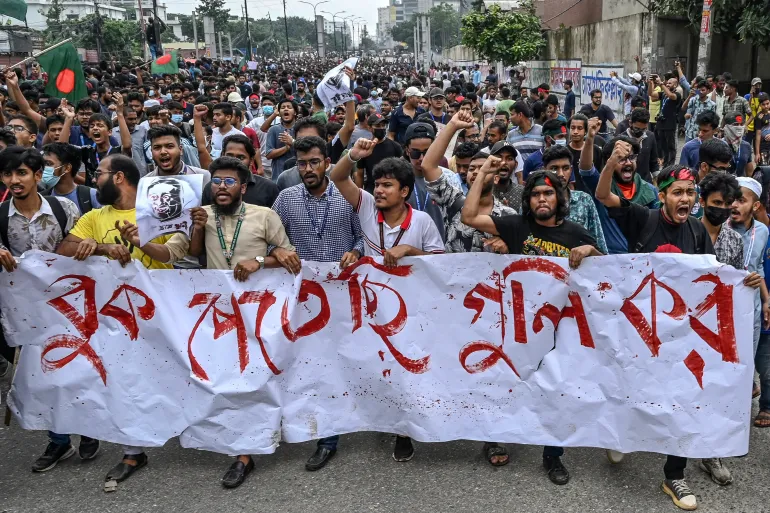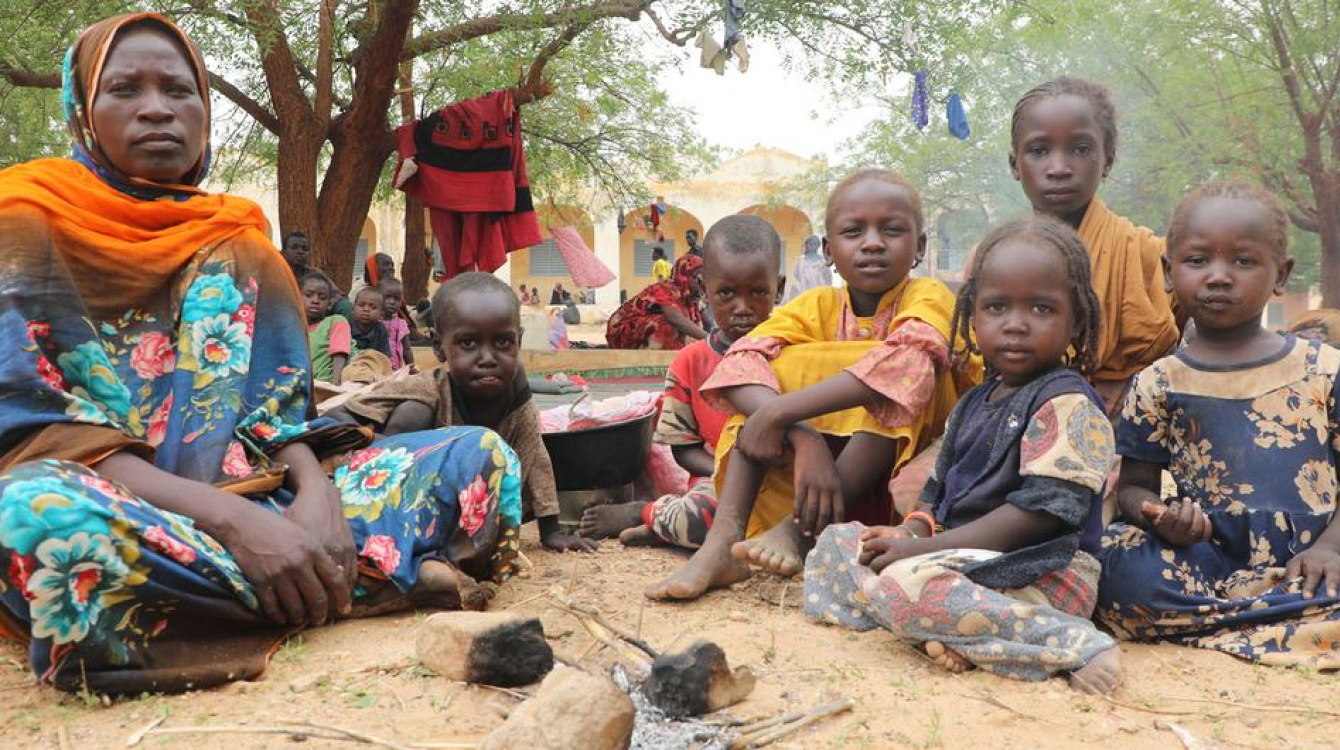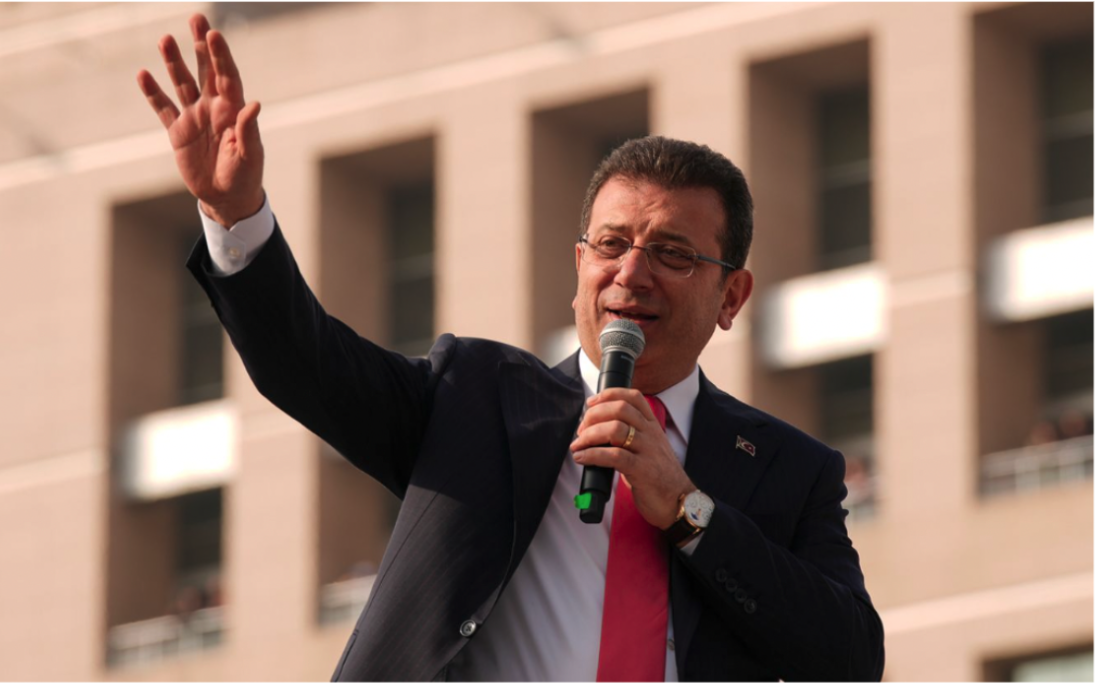After the violent killings that occurred during the student revolution, which was initiated on July 1st and went on until August 15th, the United Nations team decided to gather information to come up with an urgent solution. They declared that they would gather with a series of government advisers and civil society members during their visit, not to mention, the victims themselves: “The purpose of this visit is to understand their (Bangladesh) priorities for assistance in promoting human rights, it is important to note that this visit is not an investigation, but rather it will focus on discussing the process for investigating human rights violations in light of the recent violence and unrest”- they stated. Initially, they announced that they would stay until the 28th of August, yet, according to the discussion’s progress, they may extend it. They have come in two separate teams: one focused on holding preliminary talks with the transitional government directly and the other to delve into the violent cases.
Unfortunately, the people in Bangladesh have been expressing dissatisfaction over their political situation for a while (since 2008 when the last transparent and participatory election took place), the protest was only the trigger to further unrest. In the latest, originally peaceful, student revolt, it was announced that at least a half-dozen people died with one man shot while raising his hand to signal peace, by the violent police and the small group of the ruling party’s supporters. With disorder and brutality getting out of control, the government shut down internet and mobile networks, deployed the military with a “shoot on sight” order and imposed a curfew, which all remained in place up until the Sunday evening of 21/7, by which news outlets reported that the protest’s death toll exceeded 130 and is likely to rise with investigations.The main cause of discontent is the criticism over the job quota system that disproportionately benefits the descendants of Bangladesh’s 1971 liberation war fighters, awarding them 30% of government job positions.
Before the arrival of the UN teams, the government publicly addressed the situation: Foreign Minister Hasan Mahmud on Sunday (21/7) briefed foreign diplomats and said the “unusual situation” would normalise “within a short period.”. However, the situation did not normalise and in response to opposition, Prime Minister Sheik Hasina fled the country on August 5th to India. Therefore, a military interim government stepped into power and since then, the UN human rights body has said that the reported killings in revenge attacks has yet to be determined, although the range appears to be from 400-650 deaths. Hence, they assured that “once the details are finalised, a separate fact-finding team will be dispatched in the coming weeks to conduct the investigation”. Such findings will probably be available in the next following week, when, hopefully, a consensus will be reached to finally reinstate harmony.



